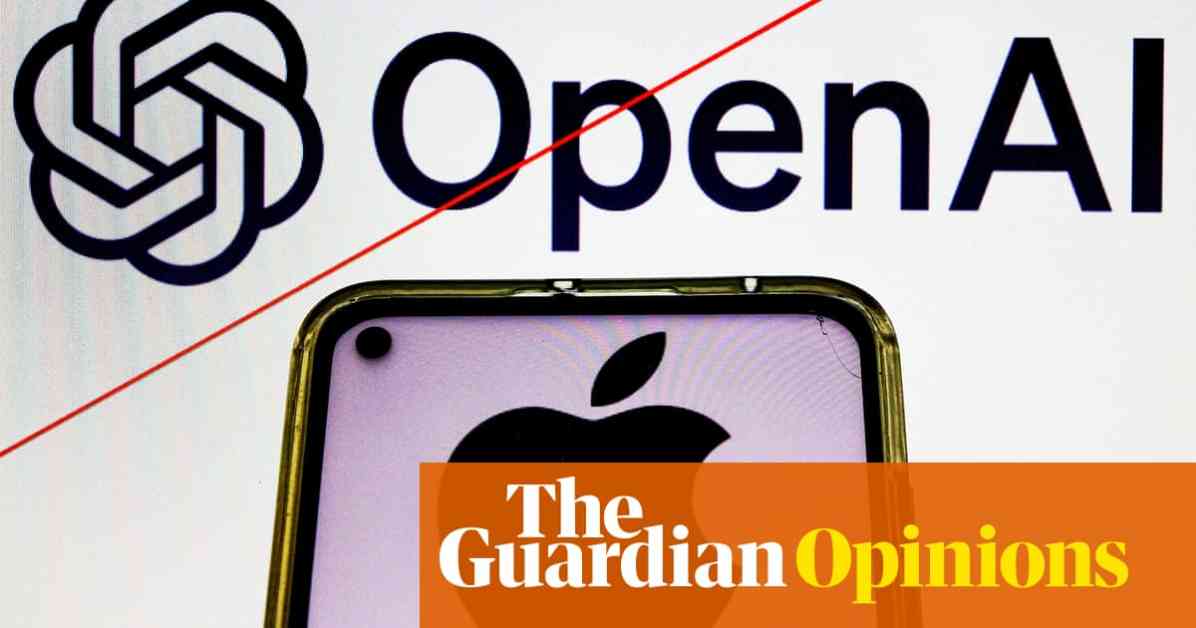Tech enthusiasts and experts are thrilled about the potential of tools like ChatGPT to enhance our lives and jobs. However, the general public has not fully embraced the AI revolution, despite its transformative impact on various industries. ChatGPT, the fastest-growing app in history, remains unfamiliar to many people, with only 9% using it weekly.
Apple’s recent announcement at the Worldwide Developers Conference to bring ChatGPT to iPhones is a significant development. With a large market share in the UK, Apple’s decision to incorporate this AI tool will shape society in new ways. Despite the excitement, some are cautious about deploying this technology on a large scale for several reasons.
One concern is the readiness of the technology itself. While OpenAI’s GPT-4o model showcased impressive capabilities, such as language translation and engaging conversations, there are still limitations to consider. Users often struggle to distinguish between interacting with AI and human beings, leading to unrealistic expectations of these tools’ abilities. Additionally, AI models can be prone to errors and biases, raising questions about their reliability in decision-making processes.
The issue of bias in generative AI is another important consideration. These tools are only as good as the data they are trained on, which can reflect societal biases and inaccuracies. Efforts to address these biases have shown mixed results, highlighting the need for more comprehensive solutions to ensure fairness and accuracy in AI applications.
Furthermore, the widespread adoption of generative AI tools like ChatGPT raises questions about user consent and data privacy. While Apple has emphasized its commitment to securing user data through private cloud computing, concerns remain about the potential misuse of personal information by tech companies. The monetization of user data and the commercial interests driving AI development underscore the importance of transparency and accountability in the tech industry.
In conclusion, the integration of ChatGPT into iPhones represents a significant step towards mainstream AI adoption. However, it is essential to address the technical, ethical, and privacy considerations associated with this technology to ensure its responsible and beneficial use. As we navigate the evolving landscape of AI innovation, it is crucial to prioritize the well-being and interests of users while harnessing the potential of these tools for positive societal impact.


